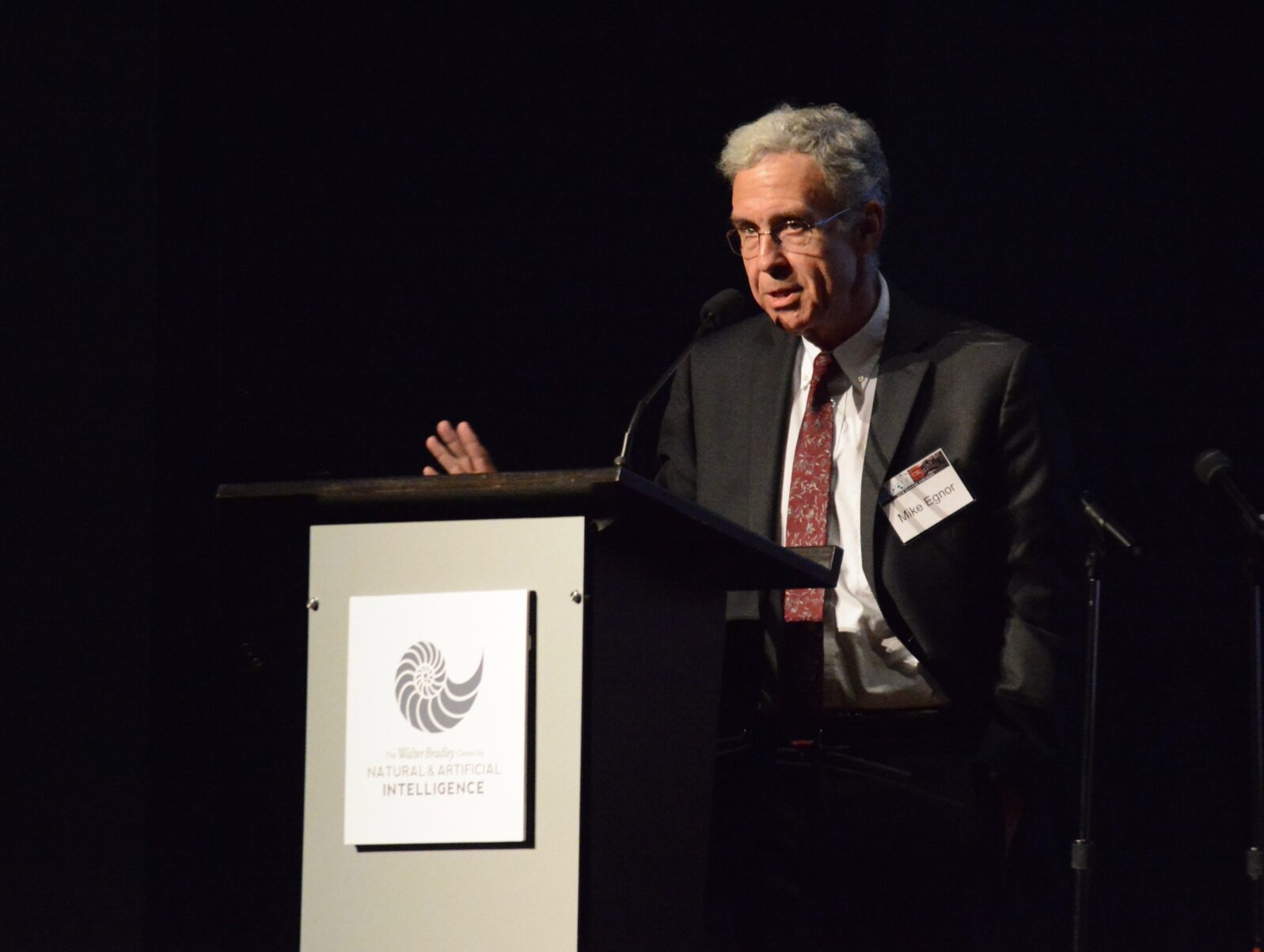“Machine learning” is a hot field, and tremendous strides are being made in programming machines to improve as they work. Such machines work toward a goal, in a way that appears autonomous and seems eerily like human learning. But can machines really learn? What happens during machine learning, and is it the same thing as human learning?
Because the algorithms that generate machine learning are complex, what is really happening during the “learning” process is obscured both by the inherent complexity of the subject and the technical jargon of computer science. Thus it is useful to consider the principles that underlie machine learning in a simplified way to see what we really mean by such “learning.”
Book
A book is a type of simple machine. It is a tool we use to store and retrieve information, analogous in that respect to a computer. The paper, the glue, and the ink are the book’s hardware. The information in the book is the software. The programmer is the author and the user is the reader. Can a book learn in the way that machines learn?
Of course it can, in one sense.
Let us say that a teacher writes a reference book for mathematics for his students. … More.
Also at Mind Matters Today:
What is learning anyway? Machine learning specialist George Montañez reflects on the question in a video excerpt from the CNAI gala: Can we make approximations that are so close to ourselves that the fact that they are approximations no longer matters?
Smartphone 10 Conversation 0 We need to be more honest about the addictive nature of the device, for some. A guy on a date is not checking his phone three times in ten minutes because the world outside the restaurant is changing that fast. He is in the grip of an addiction.
“Artificial” Artificial Intelligence What happens when AI needs a human I? Artificial intelligence often fails at crucial points. It must then be supplemented by human intelligence. Many software systems that look to their users like pure advanced artificial intelligence hide a lot of human effort behind a technological mask.
AI is indeed a threat to democracy. But not in quite the way historian Yuval Noah Harari thinks, says neurosurgeon Michael Egnor. Rapid, wide dissemination of ideas we don’t understand is the prime threat AI poses to humanity. It is an existential threat to human dignity and flourishing. And this threat is made graver, not less grave, by our democracy, which, as Plato understood, is the necessary soil of tyranny.
Will killer drones make it easier to kill? That, says a bioethicist, depends on who the pilots are. Heather Zeiger tells us that traditional aerial combat pilots tend to think the same way when piloting drones from an office but it may be a different story when cell phone addicts, who tend to lack empathy, are recruited.
 At
At